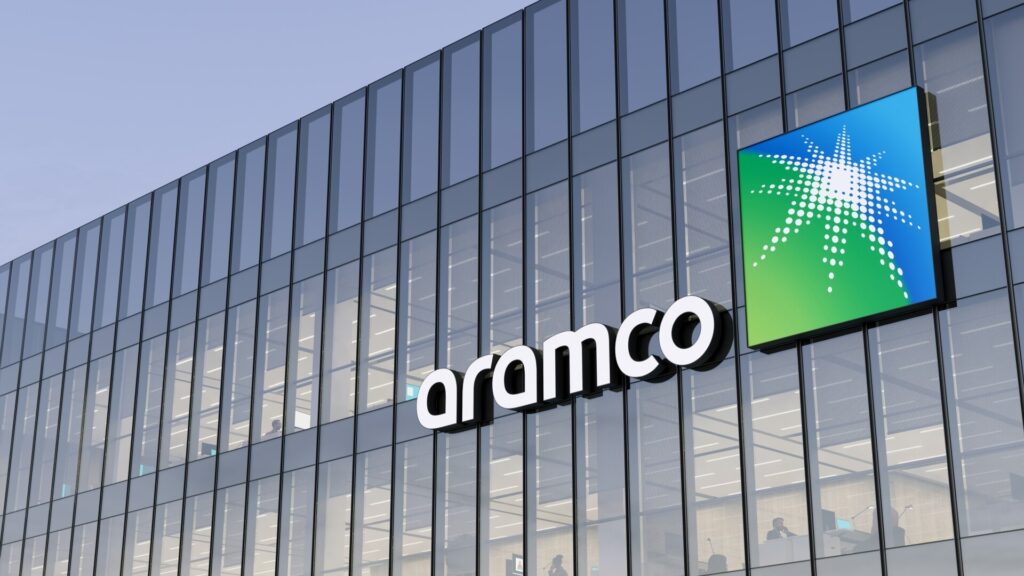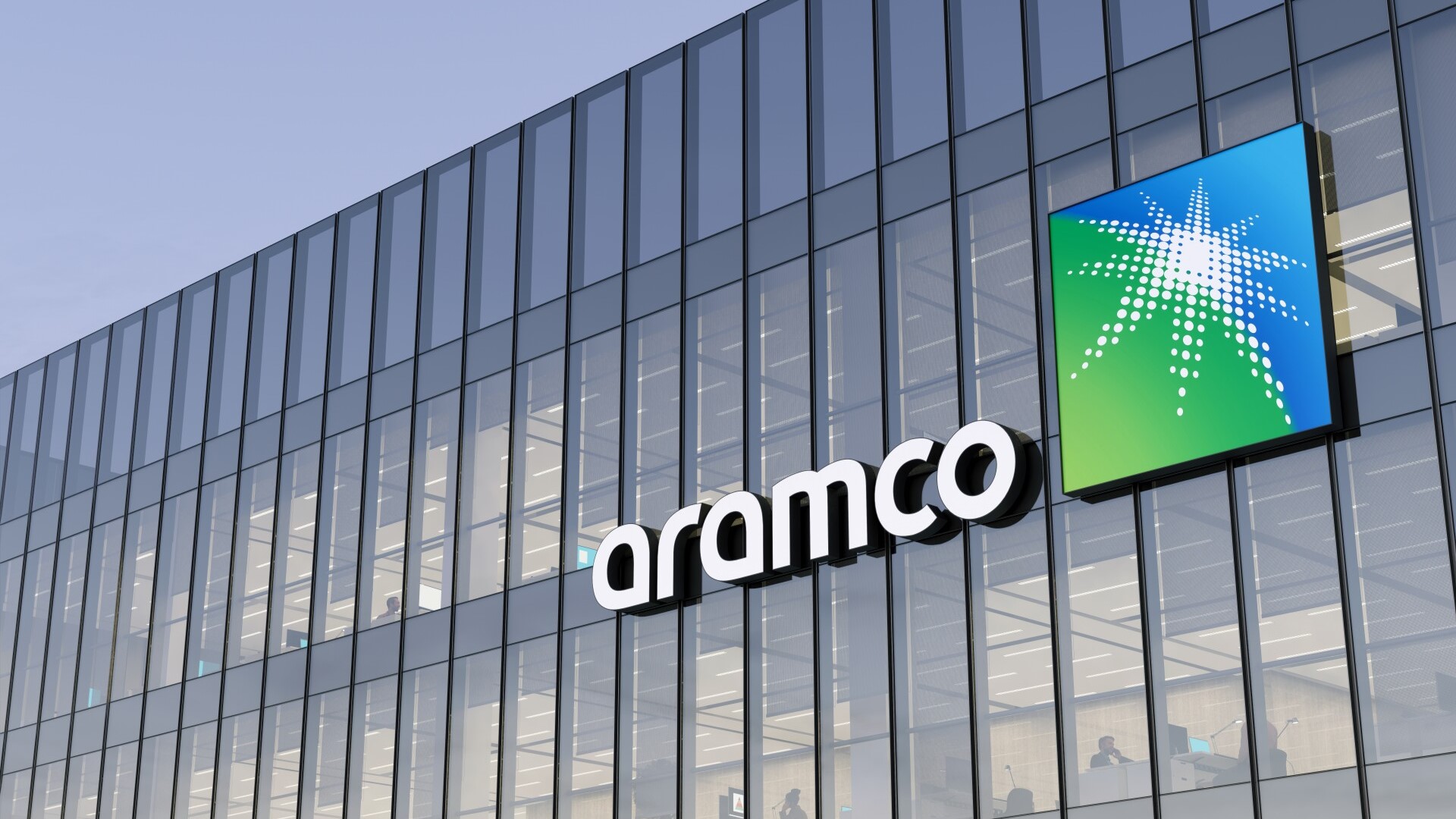The fact is choosing a name is one of the most important decisions you will make for your business. It’s not just enough to come up with a good name – the major win is when the name is available in a .com domain and if you are lucky enough the name is available across major social network.
The rule still applies everywhere. Whether you are naming a tech company, an FMCG brand or even an oil and Gas company – a good is a good name. Let’s take a look the name Saudi Aramco. Saudi Aramco is the world’s largest oil producer and the world’s most profitable company. The owners of the company obviously found out that although the company’s name is Saudi Aramco – but they can’t afford to build their online brand with the full name because its long and doesn’t look unique so they settled for www.aramco.com and they even went as far as securing the name exactly on social media.

Aramco as a name is phonetic, short, can be easily pronounced, easily spelt and memorable. Another good example is the brand archer.com a company headquartered in San Jose, California, developing eVTOL aircraft. The both name share similar similarities.

No matter the argument around this – one word memorable .com domain name will always be best for business naming – unless in special cases when you startup is in a specialty area like AI. then you can use .ai domain.
Certain businesses opt for domain names that reflect their brand, such as acquire.com or crypto.com. When a business is named in this manner, it’s crucial to incorporate the “.com” into the business name itself. This strategy aids in distinguishing your business from the general usage of the word, making it easier for your audience to identify and remember your brand.
For instance, a company named “Acquire” would be referred to as “Acquire.com” in all instances. This approach not only reinforces the brand’s online identity but also helps to avoid any confusion with the common verb “acquire“.

Your company’s name has the potential to be a powerful lever, setting you apart from your competition. It serves as a key element in helping your customers understand the value you bring. In fact, it can make or break your branding efforts.
Every now and then I see companies that have invested a lot of money into their infrastructure and their name looks
- → Forgettable
- → Confusing
- → Aimless
In this article, I will reveal seven essential rules for naming a company that will ensure its success:
- → Memorable
- → Available on a .com domain
- → Short
- → Brandable
- → Helpful
- → Clear
Let’s dive right in.
Rule 1: Be unique in your category
These days, it’s becoming increasingly challenging to stand out. The internet has made it easier for businesses to emerge in any industry. You may find yourself facing a saturation of competition, with potentially hundreds of other companies in your same:
- Concept
- Industry
- Audience
- Brand colors
- Marketing angle
- And so on
You have to find ways to go against the grain and stand out. Having a unique name compared to others in your niche is a clear way to do this. It will help you build brand equity more effectively than your competitors. Recently I was looking for a suitable name of a skincare company I plan to launch in the future – I actually took 3 months to do my research and was able to come up with the name “Reviveron” the good part is that I was able to get the (.com) domain. For what is worth the name has a hidden meaning associated with it, which is “revive”
The name “Reviveron” could be appealing for a skincare brand as it suggests the idea of revival or rejuvenation, which aligns well with the goals of many skincare products. The suffix “-on” could potentially imply a scientific or technical aspect, which might appeal to consumers interested in advanced skincare solutions.
Rule 2: Use words that can turn into verbs
When building a company, it’s important to invite people to take action. Your brand name is the first touchpoint customers have with you, and it should immediately invite them to engage with your business. Creating a brand name that transcends its original meaning and becomes a verb in everyday language is a powerful branding achievement. This phenomenon is seen with brands like Google, Photoshop, and Uber. Instead of saying “I need to search for something online,” people say “Just Google it.” Your brand name should motivate people to engage with your product or service. Frame your company as the way things get done.
Rule 3: Limit your syllables
Conciseness in naming is key. A lengthy name can be cumbersome to type, potentially leading to fewer online searches and a higher likelihood of being forgotten. This cycle can be avoided by choosing a name that is easily pronounced by a broad audience. Ideally, a two-syllable name strikes the perfect balance, as demonstrated by successful brands like Aero, Apple, Aramco, and Meta. Simplicity enhances memorability, so keep your brand name straightforward and easy to remember.
Rule 4: Easy to Spell
Simplicity in spelling enhances searchability. Avoid the temptation to choose a name that is difficult to spell or has an unconventional alternate spelling. It’s not ideal for your customers to struggle with typing your name correctly. Numerous companies overlook this rule to their detriment. Avoid the pitfall of altering the letters of a common word for the sake of uniqueness. Your brand name should be simple enough for a 7-year-old to spell. Prime examples of this principle in action are brands like Archer, OpenAI, and Figma.
Rule 5: Easy to pronounce
An effective company name should be easily spoken and remembered, as it’s not only typed but also shared verbally. A name that’s challenging to pronounce can hinder word-of-mouth marketing, which is crucial for growth. Aim for a name that’s universally pronounceable, ideally simple enough for even a child to articulate. This attention to detail can elevate a decent name to an exceptional one. Notable examples of such names include Aramco, Tesla, and Nike.
Rule 6: Domain availability
A decade ago, securing a compelling “.com” domain for your brand was a simpler task. Today, however, the landscape has changed. Even less competitive domain extensions like .io, .co, and .ai are becoming crowded. The challenge lies in choosing a name that is unique enough to be available as a domain, yet common enough to adhere to other naming conventions. Ideally, a .com domain is preferred. For example, the new FMCG brand I’m developing is named Topwidecare, a derivative of the parent company’s name, Topwide. This name is not only available as a .com domain but also across various social media platforms. Your domain is how customers will find you, work with you, and refer you to others. If you’re able to get a great “.com” for your business, buy it. Otherwise, keep your company name intact and grab a less popular extension.
Rule 7: Trademarking available
This is where we delve into more technical aspects. The aspiration is for your brand to experience exponential growth each year, eventually becoming a household name that is universally recognized and cherished. If you achieve this objective, you’ll likely want to secure a trademark to safeguard your brand and maximize the benefits derived from its name. Therefore, it’s advisable to conduct early online searches to ensure that your chosen name can be trademarked. The United States Patent and Trademark Office (USPTO) provides an online database where you can conduct a free search for any applied-for or registered trademarks.
Basically these are some of the pointers you should consider before attempting to name your business. You should invest an ample amount of time to get this right because it sounds as a solid foundation for your business. Good luck with your search. You might be saying, then why is the posted on a .com domain – let me remind you that this is just a blog targeted to the Nigeria market. If you have a bigger global ambition for your business take the advise if not, you can use whatever resonates with you

